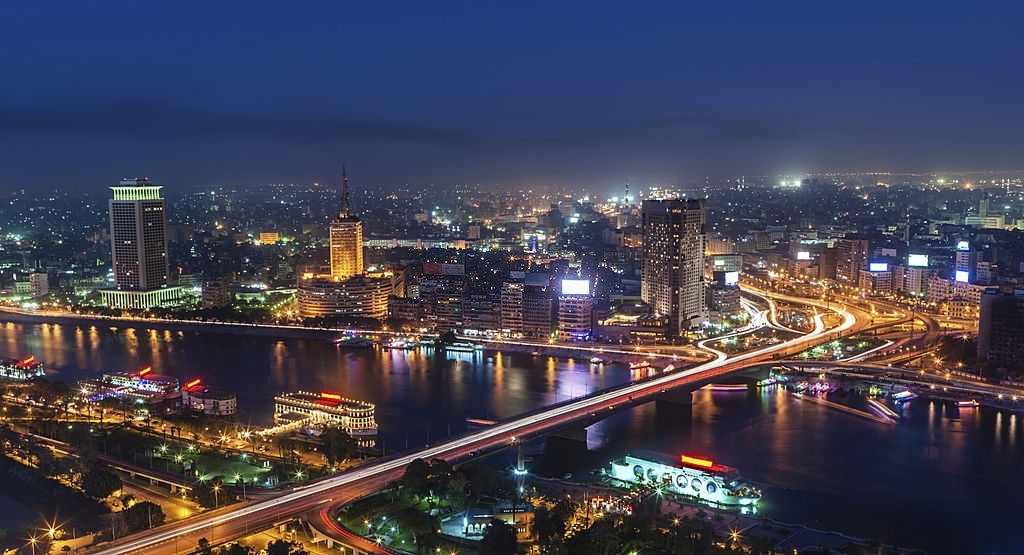The European Bank for Reconstruction and Development (EBRD) has taken a historic step toward expanding its development footprint in sub-Saharan Africa by officially approving Nigeria, Benin, and Côte d’Ivoire as new eligible members for investment.
The approval was announced during the EBRD’s Annual Meeting on Thursday, following a formal vote by its board. This decision comes after years of consultation and preparation to open the bank’s operations to more African nations.
With this new status, the three West African countries will soon begin receiving targeted investments from the EBRD, unlocking millions of euros in funding aimed at stimulating private sector growth, strengthening infrastructure, and supporting sustainable economic reforms.
In her statement, EBRD President Odile Renaud-Basso said, ‘The EBRD will leverage its financial resources and expertise to boost the countries’ economies and provide new opportunities to their people, complementing the work of existing development partners.
The bank said that investments will begin shortly after a legal amendment to its founding treaty comes into effect in July 2025.
For Nigeria, Benin, and Côte d’Ivoire, EBRD support is expected to focus on key areas such as the green transition, agricultural productivity, financial inclusion, natural resource development, and infrastructure improvements. There will also be an emphasis on improving economic governance and promoting equal opportunity.
While these three countries are now fully approved, the EBRD confirmed that Ghana, Kenya, and Senegal are also being considered for membership. However, those nations must complete additional pre-membership requirements before the process can move forward.
Originally created in 1991 to support post-Cold War recovery in Eastern Europe, the EBRD has since grown its presence across parts of the Middle East, North Africa, Central Asia, and now sub-Saharan Africa. It has invested over €200 billion to date and remains focused on partnering with the private sector to accelerate sustainable and inclusive growth in emerging economies.
This new wave of expansion signals a broader commitment by global financial institutions to support Africa’s development priorities, create jobs, and build more resilient economies. .

